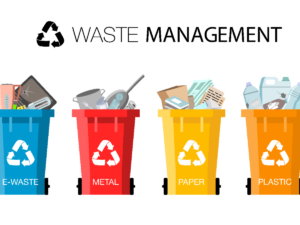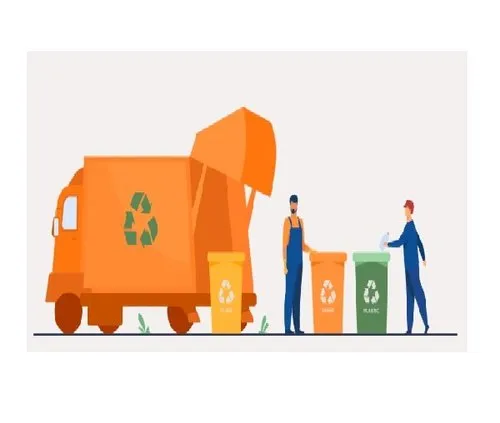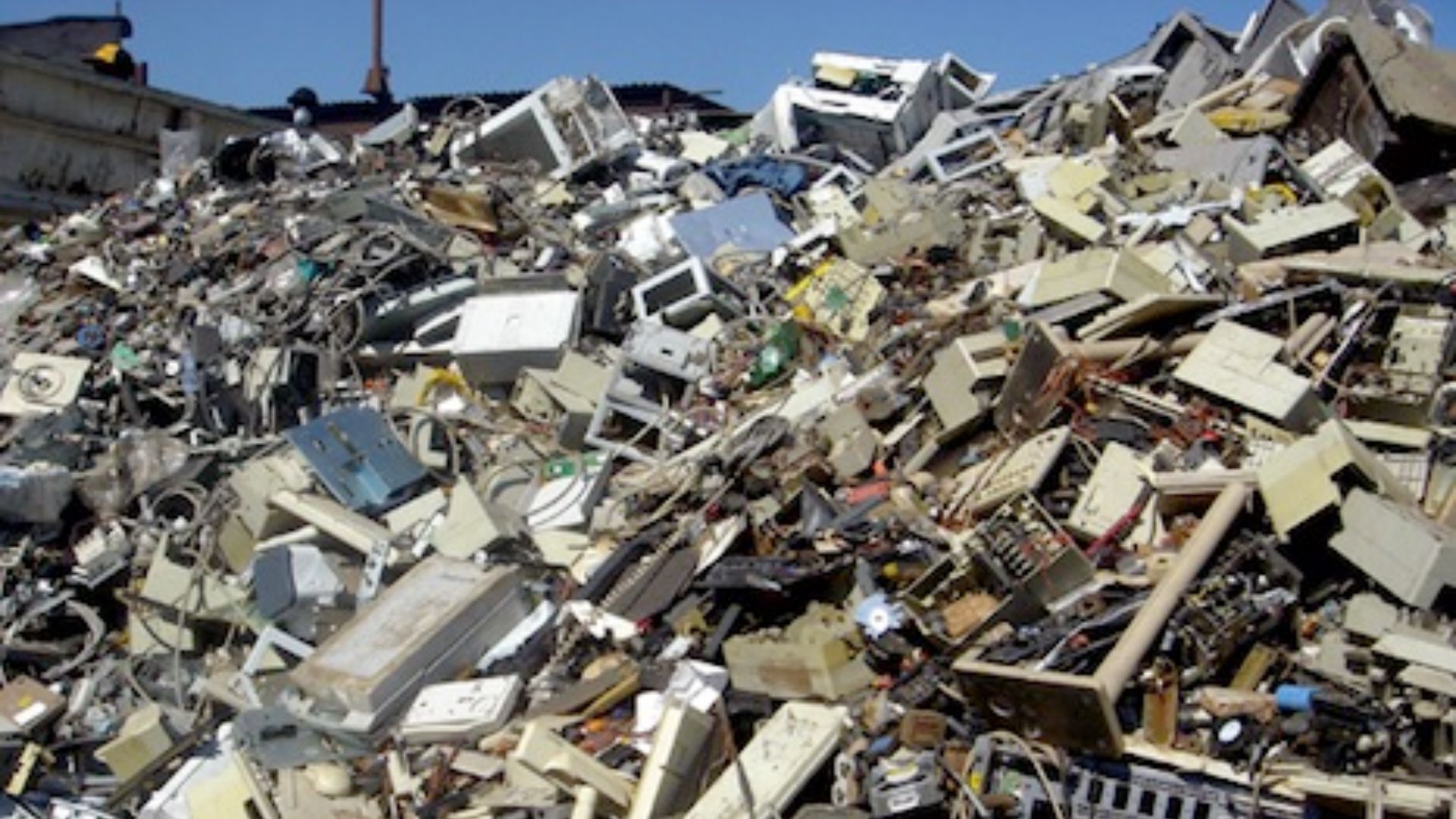As the world grapples with the escalating challenges of waste disposal, adopting effective waste management practices has become paramount for ensuring a sustainable and eco-friendly future. This article delves into the multifaceted world of waste management, exploring practical strategies and highlighting the significance of responsible waste disposal in our quest for environmental stewardship.
Understanding the Complexity of Waste Management
To begin with, waste management goes beyond the simple act of discarding materials. It encompasses a systematic approach to minimize, handle, and appropriately dispose of various types of waste, ranging from household recyclables to industrial byproducts. Hence, a well-structured waste management system is essential to mitigate the environmental impact of waste and promote resource conservation.
Source Separation
The First Line of Defence. At the core of effective waste management is source separation, where individuals and businesses segregate their waste into distinct categories. This separation typically includes recyclables, organic waste, and non-recyclables. Additionally, by separating waste at its source, the potential for recycling and reuse is maximised. Thus reducing the burden on landfills and minimising environmental pollution.
Recycling
Transforming Waste into resources. In addition, one of the pillars of sustainable waste management is recycling. Recycling involves the conversion of materials like paper, plastics, glass, and metals into new products, preventing the need for raw material extraction and reducing energy consumption. Moreover, communities and businesses can contribute significantly by implementing and participating in recycling programs.
Composting
Turning organic waste into gold. Organic waste, such as food scraps and yard trimmings, constitutes a substantial portion of the waste stream. Thus, composting is a natural process that converts organic waste into nutrient-rich soil conditioner. Communities and individuals can embrace composting as a sustainable practice, diverting organic waste from landfills and enriching soil for agricultural and gardening purposes.

Waste-to-Energy
Harnessing power from discards. To add on, innovative waste management practices include waste-to-energy technologies, which convert non-recyclable waste into energy sources like electricity or heat. While not a solution for all waste types, waste-to-energy initiatives can play a role in reducing the volume of waste in landfills and contributing to cleaner energy production.
Extended Producer Responsibility
Holding manufacturers accountable. To encourage sustainable production and waste management, the concept of Extended Producer Responsibility (EPR) places the onus on manufacturers to manage the entire lifecycle of their products. This includes responsible packaging, facilitating product recycling, and ensuring proper disposal. EPR fosters a circular economy mindset, where resources are continuously reused, reducing the environmental impact of consumer goods.
Community Education and Engagement
Moreover, building a sustainable future requires active participation from communities. Hence, educational initiatives that raise awareness about waste management practices and their environmental impact are crucial. Communities can organize workshops, seminars, and awareness campaigns to encourage responsible waste disposal habits, fostering a collective commitment to environmental conservation.
Government Policies
Catalysts for change. Government policies and regulations play a pivotal role in shaping waste management practices. Furthermore, implementing policies that incentives recycling, discourage single-use plastics, and promote sustainable practices can drive significant change. Governments can also invest in infrastructure for waste collection, recycling facilities, and proper disposal sites, creating an enabling environment for responsible waste management.
Global Collaboration
Addressing a shared responsibility. Finally, waste management is a global challenge that requires collaborative efforts. Countries, businesses, and communities must work together to share best practices, technologies, and innovations in waste reduction. Global collaboration enhances our collective ability to address the escalating waste crisis and fosters a sense of shared responsibility for the planet.
Conclusion
In conclusion, effective waste management practices are the linchpin in the journey towards a sustainable and eco-friendly future. By embracing source separation, recycling, composting, and innovative technologies, individuals, communities, and businesses can contribute to a cleaner environment and conserve valuable resources. Hence, the path to sustainability begins with responsible waste management. A commitment to leaving a positive impact on the planet for generations to come.



